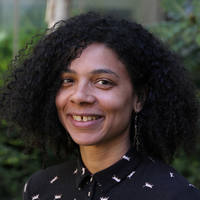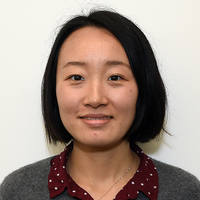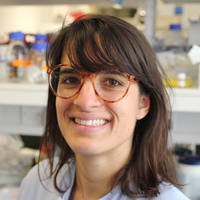Lee Group
Malaria Parasite Drug Resistance
Archive Page
This page is maintained as a historical record and is no longer being updated.
The Lee research group moved to the University of Dundee in 2023. This page is being maintained as a historical record of the group’s work while at the Sanger Institute and is no longer being updated.
Of the >5000 genes in the genome of the malaria parasite, a sizable number have unknown function and lack homologs outside of Plasmodium species. A deeper understanding of their roles and essentiality would provide biological insight as well as suggest new therapeutic targets.
Research Areas
Understanding the molecular basis for drug resistance
Antimalarial drug resistance is one of the most significant challenges facing malaria control, and resistance has developed to every major drug released to date. To identify new drugs, several large-scale screening campaigns have tested over 6 million compounds in cell-based screens against the blood stage of P. falciparum, yielding thousands of chemically diverse active drug scaffolds. However a major challenge is to leverage these compounds to identify targets that are either particularly vulnerable to perturbation, or refractory to resistance.
We are developing platforms that permit the rapid analysis of multiple aspects of antimalarial compound action, including the identification of potential targets or mechanisms of resistance, cross-resistance profiles, and fitness costs associated with resistance. This will allow us to prioritize compounds that may have novel mechanisms of action or that antagonise the generation of resistance.
Developing molecular genetics approaches to interrogate gene function
Advances in our ability to manipulate the parasite genome will be critical to any systematic investigation of Plasmodium biology. These applications include the in-depth validation of new drug targets and detailed biological investigation of specific genes or gene families.. In addition we are interested in developing tools for performing unbiased genetic screens, in the hope of assigning roles to the large number of parasite genes of unknown function. We are exploring ways of adapting the RNA-guided CRISPR/Cas system for genome editing and gene regulation in the parasite.
Previous core team members

Dr Sophie Adjalley
Postdoctoral Fellow

Asli Akidil
Advanced Research Assistant

Megan Ansbro
PhD Student

Dr Katharina Boroviak
Senior Staff Scientist

Hannah Bruce
Advanced Research Assistant

Dr Chuan Cao
Postdoctoral Fellow

Emma Fern Carpenter
Wellcome PhD Student

Manuela Carrasquilla
PhD Student

Ndey Fatou Drammeh
MPhil Student

Mr Gareth Girling
Advanced Research Assistant

Joa Hoshizaki
PhD Student

Hannah Jagoe
PhD Student

Mr Suk Jun Lee
Advanced Research Assistant

Krittikorn Kümpornsin
Postdoctoral Fellow

Dariya Nikitin
Advanced Research Assistant

Dr Frank Schwach
Principal Bioinformatician
The following is also a member of this team:
| Riaz Shaik | Advanced Research Assistant |
Related groups
Programmes and Facilities
Partners
We work with the following groups
External
Bill and Melinda Gates Foundation
We are part of the Malaria Drug Accelerator (MalDA) Consortium, funded by the Bill and Melinda Gates Foundation. The MalDA consortium is composed of 13 members, and aims to identify new antimalarial targets.
External
Tres Cantos Open Lab Foundation
We are funded by the Tres Cantos Open Lab Foundation on a project to identify new liver-stage drug targets.
External
Medicines for Malaria Venture
Medicines for Malaria Venture (MMV) are funding a project to use drug resistant parasites to profile new antimalarial candidates.
External
BBSRC
The Biotechnology and Biological Sciences Research Council (BBSRC) funds an iCASE studentship in our lab to develop methods for rapid identification of drug mode-of-action.
